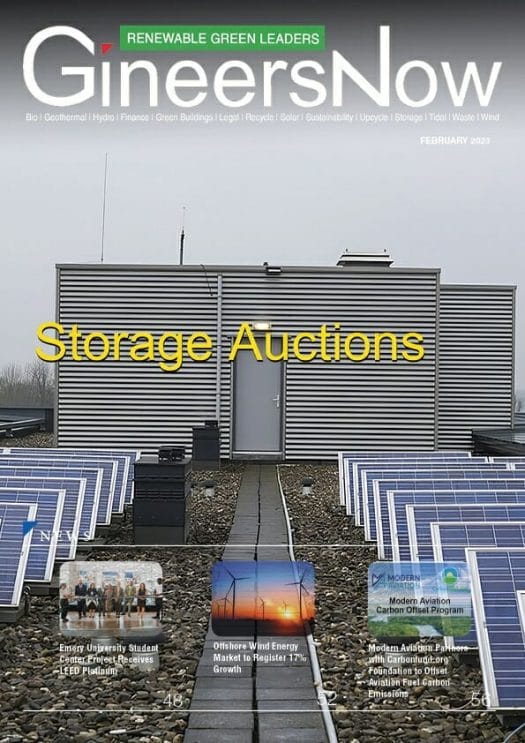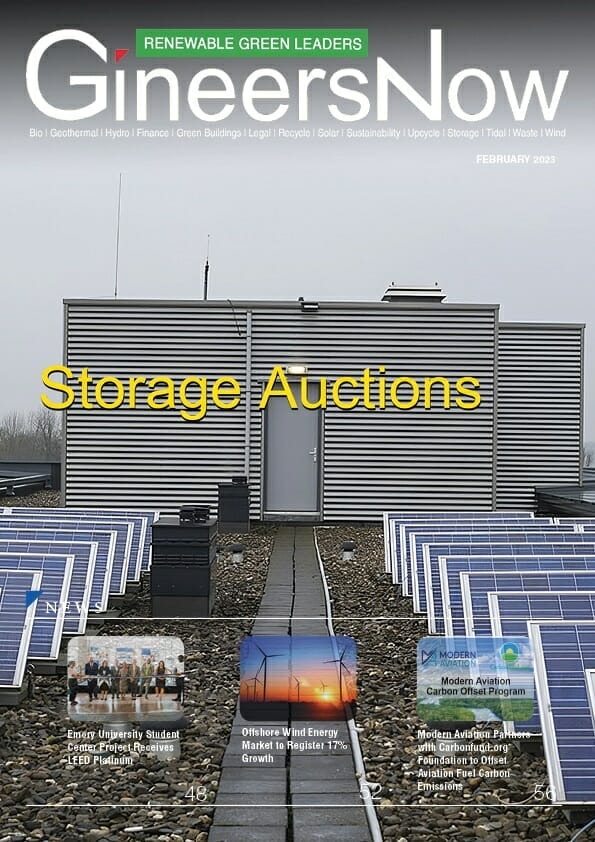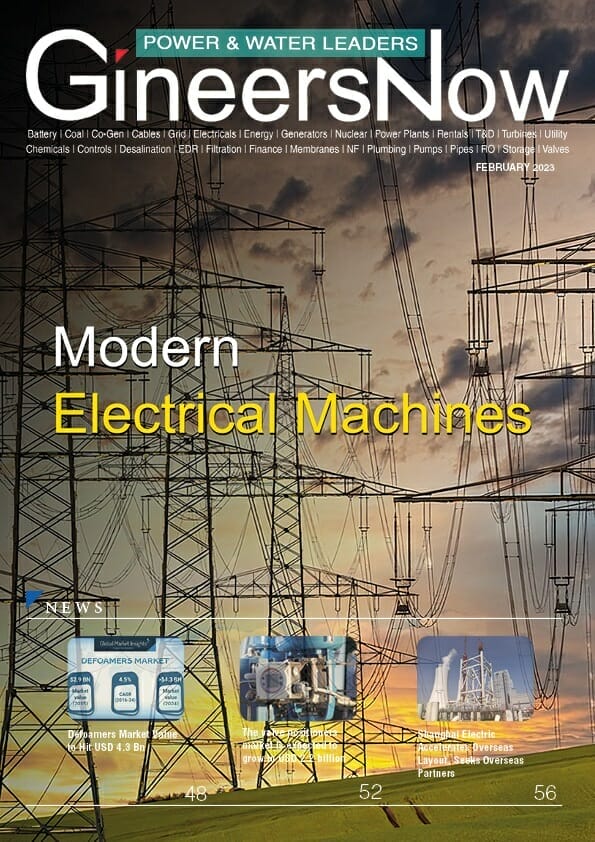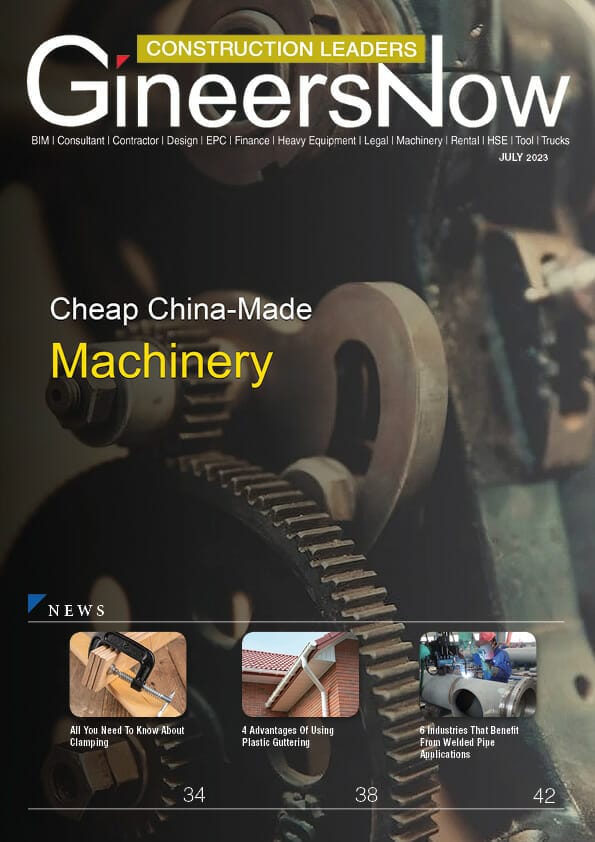Find out how energy storage auctions work in the renewable industry and how they can benefit you. Learn the basics of storage auctions today!
The renewable energy industry is quickly evolving, and so too, are the methods used to store energy generated from renewable sources. Storage auctions have become a common way for companies to purchase energy storage systems and services in the renewable industry. Storage auctions provide an efficient, cost-effective way for businesses and utilities to access the most suitable solutions for their needs. Bidders can benefit from competitive pricing, reliable technology solutions, and flexible financing options by participating in these auction events.
What are Energy Storage Auctions?
Energy storage auctions have become an increasingly popular tool for renewable energy businesses. In this system, electricity producers can bid to store their energy in order to sell it at a later time when prices are higher. As the demand for renewable energy sources increases, so does the need for efficient ways of managing and storing it.
The auction process is designed to help balance supply and demand by allowing those who generate excess electricity during low-demand periods to store it and sell it back into the grid when prices climb. By utilizing storage auctions, business owners can maximize their profits while still providing clean, reliable energy sources. Through this process, they’re able to increase efficiency while also reducing environmental impact by limiting emissions from traditional generators such as coal or natural gas plants.
Storage auctions provide renewable industry players with an effective way of managing their resources and improving their bottom lines simultaneously.
Benefits of Energy Storage Auctions in the Renewable Industry
Energy storage auctions are becoming increasingly popular in the renewable energy industry. These auctions create an opportunity for bidders to purchase electricity storage at competitive rates and offer a variety of benefits for both buyers and sellers.
One of the primary advantages of energy storage auctions is that they can help reduce costs associated with grid operations, allowing utilities to save money by purchasing cheaper electricity from the markets. Additionally, these auctions provide access to new clean energy sources and allow users to store excess power generated from renewable sources such as solar or wind power. This helps utilities meet their clean energy goals while taking advantage of low-cost resources.
In addition, energy storage auctions can be used to manage peak loads on the electrical grid, providing an efficient means for managing demand at times when electricity prices are highest.
Challenges & Risks of Storage Auctions in the Renewable Industry
Storage auctions have become increasingly prevalent in the renewable industry over the past few years. As more individuals and businesses look to capitalize on renewable energy sources, storage auctions are becoming a popular way for them to source materials that can be used for such projects. Despite their increasing popularity, however, there are several challenges and risks associated with engaging in storage auctions in the renewable energy industry.
One of the primary risks associated with storage auctions is that buyers may not know what they’re getting into. Without the proper research and due diligence, buyers may end up purchasing items that are either too expensive or not suitable for use in their particular project. Furthermore, depending on how far away from home a buyer travels to attend an auction, they may incur additional costs like transportation or hotel fees, which can further add to their expenses.
Current Auction Processes Storage Auctions in the Renewable Industry
Storage auctions are a popular and growing form of renewable energy auctions in the modern world. These auctions provide an effective way to buy and store renewable energy resources, such as solar panels and wind turbines. They also serve as a valuable tool for speculators looking to take advantage of fluctuating prices in the renewable industry.
The process is simple: potential buyers submit bids for storage auctions, which are then evaluated by auction companies specializing in Renewable Energy resources. Bidders must meet certain criteria, such as having sufficient financial resources or access to qualified vendors who can deliver the products they need. Once the best bid is accepted, the buyer takes ownership of the renewable energy resource and fully controls its use and sale. The process helps ensure buyers get what they pay for at a fair price while reducing their risk of losing out on any potential profit from fluctuating market prices.
Types of Renewable Energy Storage Technology
Renewable energy storage technology is increasingly important in the modern world as we strive for a sustainable and more eco-friendly way to power our lives. With the advent of new technologies, many types of renewable energy storage technology are available. Storage auctions allow individuals and businesses to purchase renewable energy storage equipment at a discounted price.
When it comes to buying renewable energy storage devices, there are several options available. Solar batteries are one type of renewable energy storage device that utilizes solar panels to capture solar radiation and convert it into electricity, which can be stored in the battery over time. Additionally, flywheels or kinetic energy storage systems store mechanical rotational energy by spinning weights or discs at high speeds so that their momentum can be conserved when needed.
Potential for Growth of Storage Auctions in the Renewable Industry
The renewable energy industry has seen increasing growth in recent years. This growth has created opportunities for storage auctions, linking consumers with the resources they need to pursue sustainable energy solutions.
Storage auctions are an effective way for consumers to find renewable products at a fraction of the cost compared to purchasing them new from a store. Since these auctions are open to the public and often have no reserve prices, savvy buyers can get great deals on items like solar panels, wind turbines, and more. Additionally, storage units may contain rare or hard-to-find parts that can be used for DIY projects such as building alternative energy systems.
With the rise in demand for renewable energy sources and their growth potential as affordable options, the market potential for storage auctions is vast.
Countries Utilizing Storage Auctions in the Renewable Industry
Storage auctions are gaining traction in renewable energy as a viable asset recovery method. Governments, investors, and renewable energy companies are utilizing these auctions to capitalize on recovered assets. By doing so, they can maximize their profits and make smarter investments in green energy solutions.
In storage auctions, investors bid on containers that contain various items, such as solar panels, batteries, or other components of renewable energy systems. The bidding process is quick and efficient, allowing buyers to purchase reduced-price items. Investors can then use the recovered assets to create new products or sell them off for profit. This allows governments and renewable energy companies to invest in green technology without spending additional money upfront.
Impact of Storage Auctions on the Renewable Industry
Storage auctions are a unique and sometimes profitable way to acquire renewable energy materials and equipment. In the age of environmental consciousness, storage facilities across the country have opened their doors for interested buyers to bid on items that can be used for renewable energy creation. These auctions provide an opportunity for individuals or companies to get quality materials at a fraction of the cost.
The impact of these auctions on the renewable industry is twofold; firstly, it provides consumers with high-quality materials that can help reduce their dependence on non-renewable sources of energy. Secondly, they provide businesses with valuable resources to create products more efficiently, reducing their production costs and increasing profits from sales. Storage auctions are also becoming increasingly popular among solar installers who buy panels at discounted prices to complete projects quickly.
Future of Energy Storage Auctions in the Renewable Industry
As the renewable energy industry continues to grow, so too makes the demand for energy storage solutions. Energy storage auctions are becoming an increasingly popular way to purchase and manage storage capacity. These auctions provide a transparent pricing system that has attracted major renewable industry players.
Auction-based markets provide buyers with access to various types of storage facilities such as batteries, hydroelectric dams, or pumped hydro electricity systems. This allows participants to bid on contracts and acquire the lowest price available at any given time – a concept known as “capacity market clearing”. In addition, auction-based markets can also be used to purchase electricity directly from renewable sources such as solar or wind power plants.
The future of energy storage auctions looks bright for both buyers and sellers in the renewable industry.
Read GineersNow Renewable Energy Magazine for FREE
Editor’s Note
Learn about energy storage auctions and their role in the renewable industry. Discover how they work and the benefits for energy suppliers and consumers alike.
As the demand for renewable energy sources increases, so does the need to store the energy generated. To accommodate this demand, auctions have become a popular way of facilitating the renewable industry’s sale and distribution of energy storage. These auctions provide an efficient and cost-effective way for buyers to purchase storage capacity from suppliers at a competitive price. By allowing multiple parties to bid, these auctions create a transparent market where buyers and sellers can benefit from competitive prices.
Renewable energy storage auctions are becoming increasingly commonplace in the renewable industry. Such auctions allow bidders to purchase future energy services from a renewable source, such as solar or wind energy, at a predetermined price. This article will provide an overview of how these storage auctions work and why they may be beneficial for businesses seeking to increase their reliance on renewable energy sources.
Storage auctions involve bidders submitting proposals for how much they are willing to pay for the future rights to use an agreed-upon amount of electricity from a given renewable source. The auction winner is the bidder whose offer best meets the requirements set out by the seller. These requirements typically include maximum prices, minimum volumes, delivery dates, and other criteria relevant to the project being bid on.
Energy storage auctions in the renewable industry are a great way to reduce energy costs and promote renewable energy development. These auctions provide an efficient platform for buyers, sellers, and developers of energy storage projects to negotiate the best terms for all parties involved. The result is lower costs for renewable energy systems, more competitive pricing of these systems, and increased consumer access to renewable energy sources. Energy storage auctions are also beneficial to the environment as they help reduce emissions from traditional power sources.

Final Word: Energy Storage Auctions in the Renewable Industry
In conclusion, energy storage auctions in the renewable industry are an effective way to lower costs and increase efficiency while helping to facilitate a transition towards more sustainable energy sources. Auctions provide an open and accessible market for both buyers and sellers, enabling them to make decisions based on market-driven prices. As renewable energy sources continue to become more available, it becomes increasingly important for organizations to take advantage of these cost-effective solutions.


















